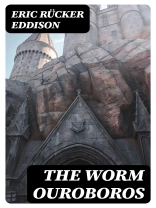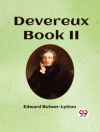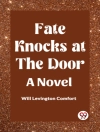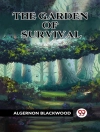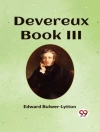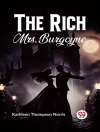In ‘The Worm Ouroboros’ by Eric Rücker Eddison, readers are plunged into a world of high fantasy filled with epic battles, intricate political intrigue, and timeless themes of honor and redemption. The book’s prose is rich and archaic, reminiscent of medieval texts, adding to the immersive experience of the narrative. Set in the mythical world of Mercury, the story follows the struggle for power between rival kingdoms, showcasing Eddison’s masterful world-building and attention to detail. The novel’s exploration of heroism and sacrifice resonates with classic works of fantasy literature, making it a cornerstone in the genre’s canon. Eric Rücker Eddison, a scholar of Old Norse literature and medieval history, drew upon his extensive knowledge to create a compelling and intricate fantasy realm in ‘The Worm Ouroboros.’ His background in ancient languages and myths lent authenticity and depth to the world he crafted, setting him apart as a pioneer in the genre. Eddison’s passion for storytelling and world-building shines through in every page, establishing him as a formidable voice in fantasy literature. I highly recommend ‘The Worm Ouroboros’ to readers who appreciate classic fantasy epics that delve into themes of warfare, honor, and power. Eddison’s narrative prowess and vivid depiction of a fantastical world make this book a must-read for fans of the genre.
Giới thiệu về tác giả
Eric Rücker Eddison (1882-1945) was an English civil servant and author, widely regarded for his contributions to the high fantasy genre. Eddison is best remembered for his first and most influential work, ‘The Worm Ouroboros’ (1922), a novel that has been praised for its vividly detailed imaginative world and archaic Jacobean prose, which has captured the fascination of readers and influenced fantasy literature significantly. Eddison’s elaborate creation of the world ‘Mercury, ‘ where his tale of heroic adventure and eternal struggle unfolds, showcases his unique narrative style and deep classical learning. The stylistic grandeur of Eddison’s work, characterized by ornate language and allusions to Elizabethan and Norse mythologies, provides a rich tapestry that has been compared favorably with the works of his contemporaries, such as J.R.R. Tolkien and C.S. Lewis. While ‘The Worm Ouroboros’ remains his magnum opus, Eddison also penned a lesser-known but critically admired ‘Zimiamvia’ trilogy consisting of ‘Mistress of Mistresses’ (1935), ‘A Fish Dinner in Memison’ (1941), and the posthumously published ‘The Mezentian Gate’ (1958). Despite the acclaim for his works among a dedicated readership, the complexity and Elizabethan pastiche of Eddison’s fiction have meant that his novels have not reached as wide an audience as those of some of his peers. Nonetheless, Eddison’s literary legacy continues to be celebrated for its baroque splendor and imaginative depth.
